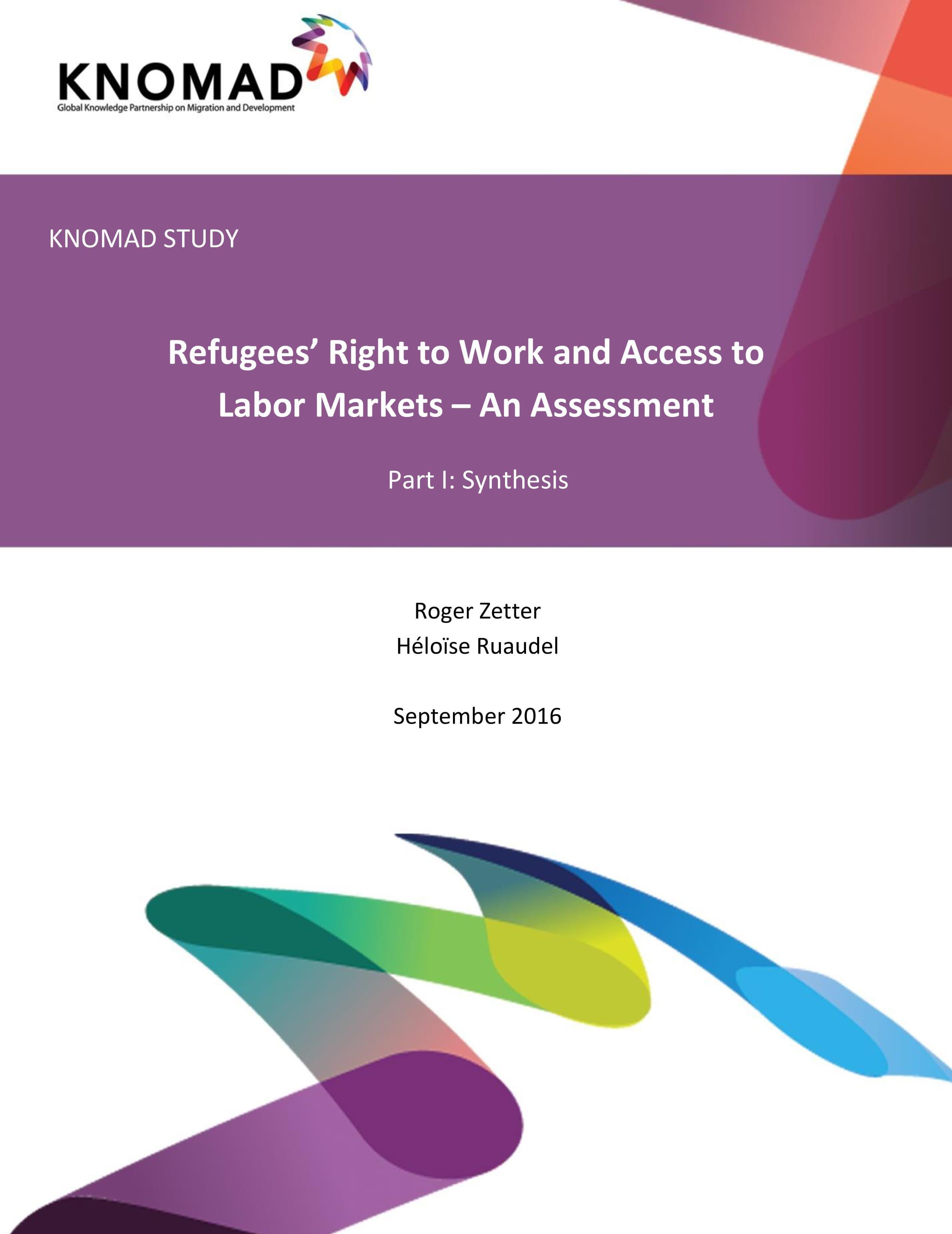
Refugees’ Right to Work and Access to Labor Markets – An Assessment (Part 1)
For refugees, the right to work is vital for reducing vulnerability, enhancing resilience, and securing dignity. Harnessing refugees’ skills can also benefit local economic activity and national development. But there are many obstacles. Based on a sample of 20 countries hosting 70 percent of the world’s refugees, this study investigates the role and impact of legal and normative provisions providing and protecting refugees’ right to work within the 1951 Refugee Convention as well as from the perspective of nonsignatory states. Three metrics analyze the principle determinants of the right to work and labor market access: refugee and employment law, policies and practices that facilitate or constrain the right to work, and mediating socioeconomic conditions.
Read Part 2 of this study.

